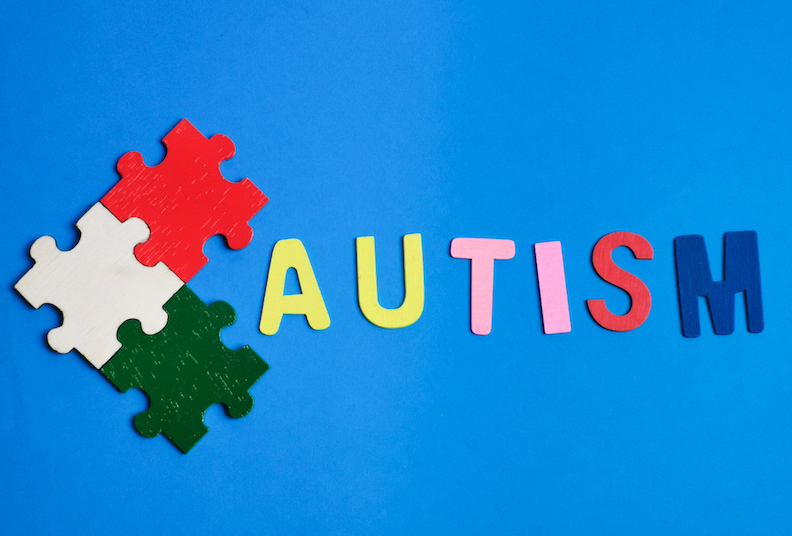We are excited to announce that Bournemouth University has the green light to undertake vitally important and long overdue research into the impact of menopause on autistic people.
The insight gained from this extensive project will help us understand how and why autistic people find the menopause experience particularly difficult. From there, the aim is to develop interventions to mitigate and reduce their negative experience of menopause by enlightening employers, medical professionals and wider communities working with autistic people.
Here at Menopause Friendly we are particularly pleased to see this three-year research project take shape as we are funding the programme from money raised at our inaugural Menopause Friendly Employer Awards 2022. A primary goal of our Awards celebrations was to give back to charities, research and community programmes that seek to support people experiencing menopause. We are honoured to have been involved from the very start of this programme’s planning process, including the appointment of the PhD student leading the research.
Across the three year period we will share regular updates and insights so that our Menopause Friendly members – whose generosity helped bring this research forwards – can watch its progress.
Setting the scene
A potentially life-changing experience for anyone, menopause can have a far greater impact on autistic people for whom the changes in mood, physical symptoms and cognitive ability can be nothing short of terrifying.
Expert hands
Professor Julie Turner-Cobb and Dr Rachel Moseley will head up the team at Bournemouth University to research the effects menopause has on autistic women and people with ovaries. Their research will compare the experiences of neurodivergent and neurotypical people at different stages of the menopausal transition.
The research will involve 500 people in total, both autistic and non-autistic, aged between 40-60 years, to cover the main age bracket for perimenopause and through to post menopause. The aim is to try to unpick which factors are responsible for driving the differences in menopausal experiences between autistic and non-autistic people.
Expert views
“We need to know why people who are going through menopause experience particularly difficult times if they are autistic,” says Professor Turner-Cobb. “Our previous research here at Bournemouth University involved autistic people who grew up in a time when autism wasn’t recognised in girls, women and female-presenting people,” she explains. “These individuals grew up feeling, and being seen as, ‘different’, bad or ‘broken’, and, as such, they would have developed their own coping mechanisms to deal with life. When menopause hit, their coping mechanisms often stopped working and it was at this point that some sought a diagnosis.”
“Autistic people struggle with change and with emotion regulation and other cognitive abilities,” stresses Dr Moseley. “They crave close, supportive relationships but often lack them. They often struggle to communicate with medical professionals, leaving them less able to access the healthcare they need. This is despite experiencing poorer physical and mental health and being at greater risk of self-harm and suicide. The stark findings from research are that on average, autistic individuals die between 16-30 years earlier than non-autistic counterparts, with suicide a leading cause of death. This is why it’s crucial to support the wellbeing of autistic adults.”
Vital and ground-breaking
This research is both vital and ground-breaking and we applaud Bournemouth University for tackling the issue of how menopause impacts autistic people. We hope their findings can be used to help employers, communities and society as a whole better support autistic people through menopause.



Comments are closed